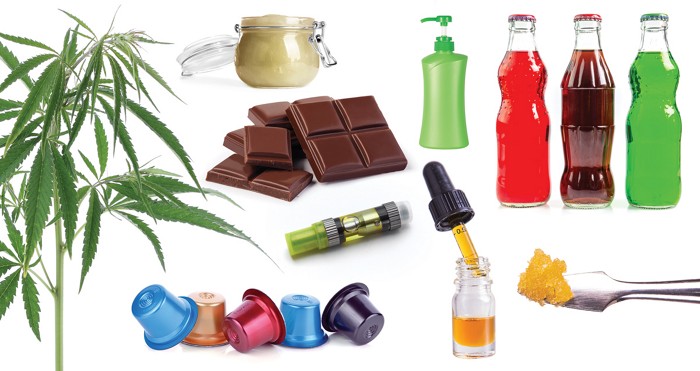Some ideas is going to be well-informed from respectable places while the others will be just formed upon no base at all. To make sure, study and ideas on the basis of the study is hard provided the long record of illegality. Nonetheless, there’s a groundswell of opinion that pot is good and should really be legalised. Several States in America and Australia took the road to legalise cannabis. Different places are often following suit or considering options. Therefore what’s the positioning now? Could it be great or perhaps not?
The National Academy of Sciences published a 487 site report this year (NAP Report) on the current state of evidence for the topic matter. Several government grants reinforced the work of the committee, an eminent assortment of 16 professors. They certainly were reinforced by 15 academic reviewers and some 700 appropriate guides considered. Thus the report sometimes appears as state of the art on medical in addition to recreational use. This article brings seriously on this resource.
The term weed can be used freely here to signify marijuana and marijuana, the latter being found from an alternative area of the plant. More than 100 chemical compounds are found in weed, each possibly giving differing advantages or risk. Someone who is “stoned” on smoking cannabis products may experience a euphoric state wherever time is irrelevant, audio and colors undertake a larger significance and the individual might acquire the “nibblies”, looking to consume special and fatty foods. That is frequently related to reduced generator skills and perception. When large body levels are accomplished, weird thoughts, hallucinations and stress problems may possibly characterize his “journey “.
In the vernacular, weed is frequently known as “great shit” and “poor shit”, alluding to widespread contamination practice. The pollutants may possibly originate from land quality (eg pesticides & major metals) or included subsequently. Occasionally particles of lead or small drops of glass augment the weight sold. A arbitrary choice of therapeutic outcomes looks in context of these evidence status. A few of the outcomes will undoubtedly be shown as helpful, while others bring risk. Some results are barely distinguished from the placebos of the research. Marijuana in the treating epilepsy is inconclusive on bill of inadequate evidence. Sickness and sickness brought on by chemotherapy can be ameliorated by dental cannabis.
A reduction in the seriousness of pain in individuals with serious pain is a likely outcome for the use of cannabis. Spasticity in Numerous Sclerosis (MS) people was reported as improvements in symptoms. Upsurge in hunger and decline in weight reduction in HIV/ADS individuals has been found in limited evidence. In accordance with limited evidence weed is useless in treating glaucoma. On the cornerstone of confined evidence, cannabis works well in treating Tourette syndrome. Post-traumatic disorder has been helped by pot in a single noted trial.
Limited mathematical evidence points to better outcomes for painful mind injury. There’s insufficient evidence to claim that pot will help Parkinson’s disease. Restricted evidence dashed expectations that weed could help increase the apparent symptoms of dementia sufferers. Confined statistical evidence can be found to support an association between smoking pot and heart attack. On the basis of confined evidence pot is inadequate to treat depression.
The evidence for reduced danger of metabolic issues (diabetes etc) is limited and statistical. Cultural anxiety disorders may be helped by marijuana, even though the evidence is limited. Asthma and pot use isn’t well reinforced by the evidence either for or against. Post-traumatic disorder has been helped by weed in a single reported trial. A summary that pot can help schizophrenia patients cannot be supported or refuted on the foundation of the restricted nature of the evidence.
There’s reasonable evidence that better short-term sleep outcomes for upset sleep individuals. Maternity and smoking pot are correlated with paid down beginning weight of the infant. The evidence for stroke caused by pot use is restricted and statistical. Dependency to weed and gateway dilemmas are complicated, taking into account several variables which can be beyond the range with this article. These issues are completely discussed in the NAP report.
There exists a paucity of knowledge on the results of marijuana or cannabinoid-based therapeutics on the human immune system. There’s inadequate data to bring overarching results concerning the consequences of pot smoking or cannabinoids on resistant competence. There is confined evidence to declare that regular experience of cannabis smoking could have anti-inflammatory activity. There’s insufficient evidence to support or refute a statistical association between weed or cannabinoid use and adverse effects on resistant status in individuals with HIV.
